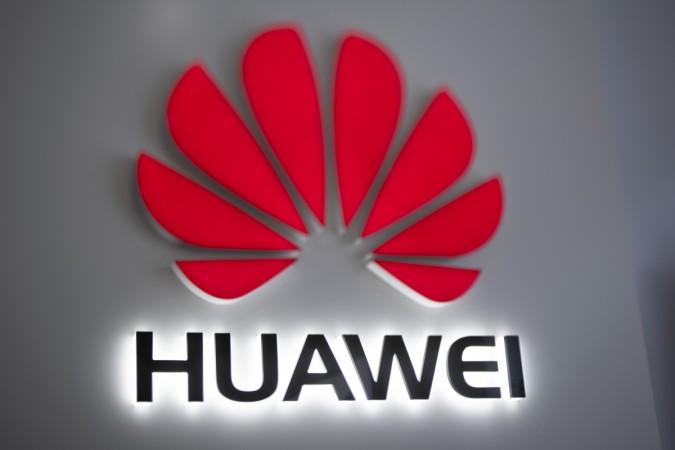![The conflict between the US and China is set to escalate with US President Donald Trump's blacklisting of Chinese telecom giant Huawei. [Representational image] US China](https://data1.ibtimes.co.in/en/full/658566/us-china.jpg?w=599&h=353&l=50&t=40)
The timing of US President Donald Trump's executive order that targets Chinese telecom giant Huawei is calculated to escalate the trade war with China after the last round of talks failed to break the stalemate. The Trump order declaring a state of emergency bans US telecom companies from installing foreign-made equipment that could pose a threat to national security.
Following Trump's signing of the executive order for "securing the information and communications technology and services supply chain", the Bureau of Industry and Security (BIS) of the US Department of Commerce set rolling the process to add Huawei Technologies Co Ltd and its affiliates to its Entity List.
The Department of Commerce alleges that Huawei is engaged in activities that are contrary to US national security or foreign policy interest, according to a report on Business Standard website. The order makes it necessary for US companies to obtain a licence from BIS for sale or transfer of technology to a company or person on the Entity List. BIS may deny a licence if the transaction would harm US national security or foreign policy interests.
"This action by the Commerce Department's Bureau of Industry and Security, with the support of the President of the United States, places Huawei, a Chinese-owned company that is the largest telecommunications equipment producer in the world, on the Entity List," Commerce Secretary Wilbur Ross told media persons on Wednesday.

This would prevent foreign-owned entities from using American technology in ways that potentially undermine US national security or foreign policy interests, Ross said. Industry circles reckon that the ban on Huawei may hamper the upgrade of US telecom infrastructure to 5G standard as the Chinese company is the frontrunner in the manufacture of 5G equipment.
Trump crackdown follows his decision to slap increased customs duty of 25 per cent in place of the earlier 10 per cent on Chinese imports worth an additional $300 billion. The US decision came after China retaliated with increased levies on imports to the tune of Rs 200 billion following the initial US decision to impose higher tariffs on imports worth $200 billion.
International political observers think that the trade war could prolong because of the prevailing global conditions. Chinese President Xi Jinping cannot be seen as backing down from the stand for domestic political reasons, while Trump would not want to endanger his run for the second term by damaging his image of a leader who takes tough decisions, one that his domestic constituency is sold on.
Trump's failure to get any purchase from his dramatic North Korea moves could weaken his political platform, according to election observers. Trump is expected to open more fronts of confrontation with China in the near future to keep up the tempo of the rhetoric ahead of the 2020 presidential election.

















